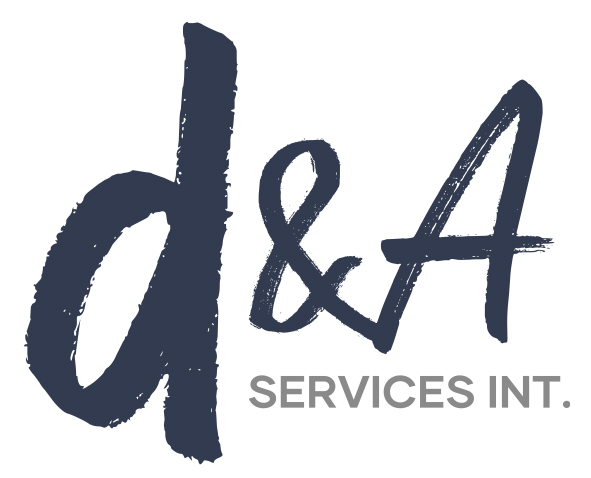June is celebrated as Pride Month, and during this time, companies are quick to jump on the bandwagon to show their support for the LGBTQ+ community. From rainbow-themed products to corporate-sponsored pride parades, businesses are eager to capitalise on the cultural significance of Pride Month. However, this practice, commonly known as pinkwashing, has come under scrutiny in recent years for its exploitation of the LGBTQ+ community.
According to Stephan Dahl, an author from the University of Hull, pinkwashing in the United States is centred around pride merchandise created and sold by companies that do nothing for queer people. This feeds a “big business small community” relationship, and it seems beneficial when, in reality, there is nothing changing legally for queer people through this practice. Essentially, pinkwashing is a marketing strategy that involves using Pride Month as a way to promote products and services, without actually contributing to the LGBTQ+ community in any meaningful way.
One of the most significant criticisms of pinkwashing is the way it feeds into capitalism and the exploitation of marginalised communities. Pride has become an increasingly commercialised event, with businesses of all sizes seeing it as an opportunity to make a profit. This has led to a situation where corporations benefit financially from the LGBTQ+ community’s struggles, without doing anything to address those struggles.
Another criticism of pinkwashing is the way it can undermine the true meaning of Pride. For many in the LGBTQ+ community, Pride is a time to celebrate the progress that has been made and to advocate for further change. However, when businesses co-opt the event to promote their products, it can take away from the message of the movement and make it seem like a marketing opportunity.
The danger of pinkwashing is that it can give consumers a false sense of security, making them think that they are supporting the LGBTQ+ community when, in reality, they are only supporting a business. This practice also makes it difficult for smaller businesses that genuinely support the LGBTQ+ community to compete with larger corporations that can afford to spend more on marketing.
So, what can we do to combat pinkwashing? As consumers, we can choose to support businesses that are genuinely committed to supporting the LGBTQ+ community. This may involve doing some research to find out which companies are actually making contributions to queer causes. It’s also important to be critical of businesses that use Pride Month as a marketing opportunity, and to hold them accountable for their actions.
In conclusion, while pinkwashing may seem like a harmless marketing strategy, it can have significant consequences for the LGBTQ+ community. By choosing to support businesses that are genuinely committed to the cause and holding corporations accountable, we can work towards a more equitable and inclusive society. Let’s celebrate Pride Month for what it truly represents: progress, acceptance, and love for all.
